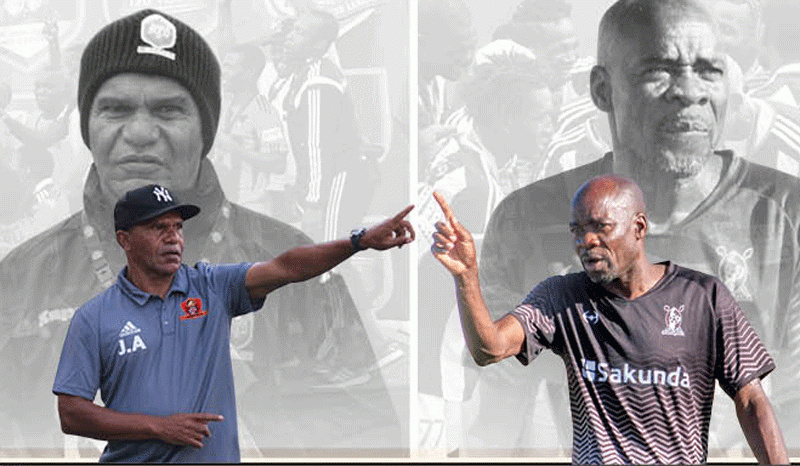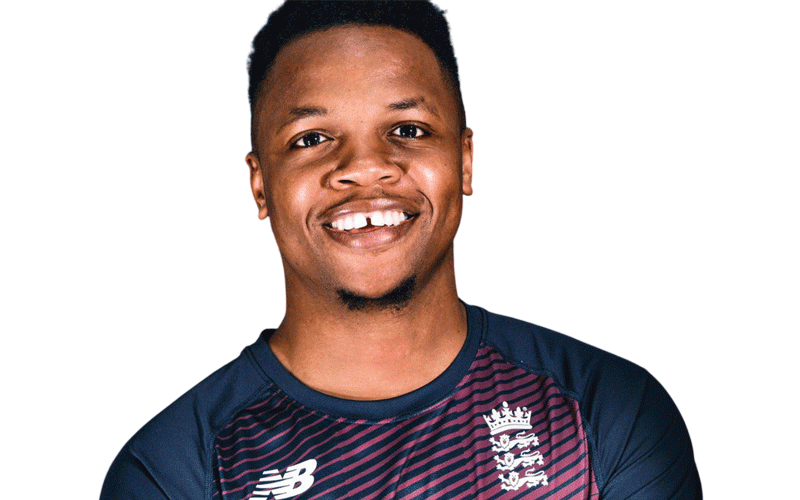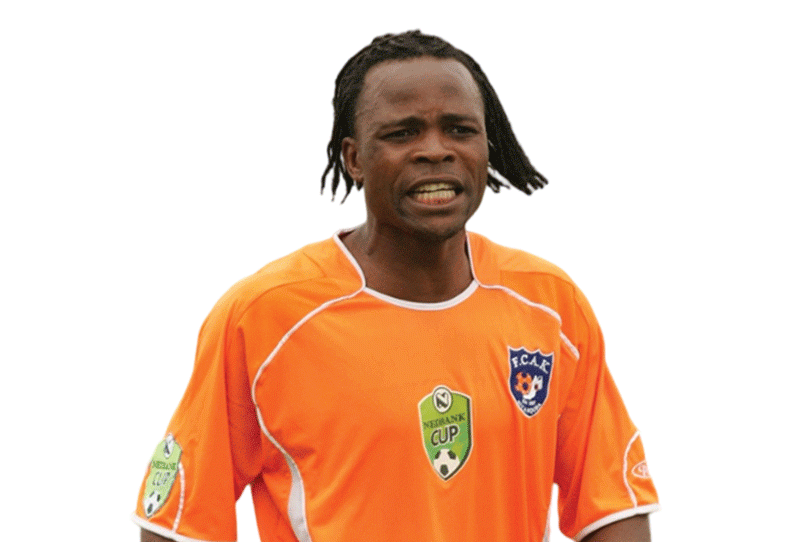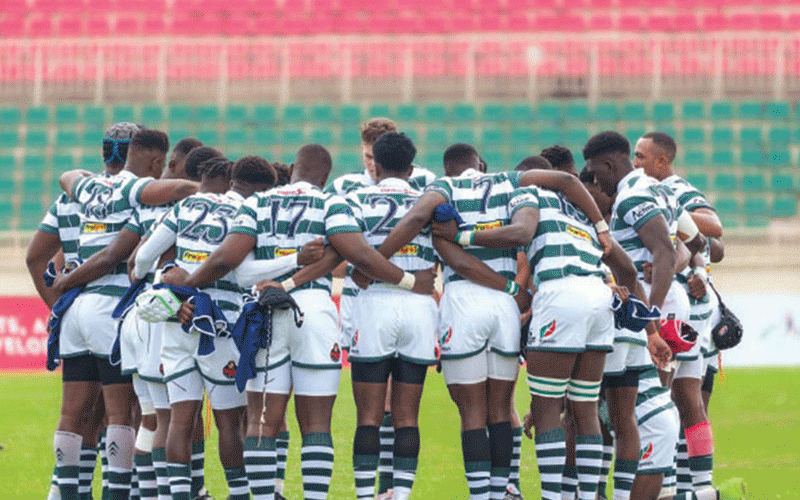
MANY newspapers delight in coming up with very catchy, memorable, clever headlines to persuade readers to read the article that follows. One of the greatest examples must surely be one that was printed in the Sun newspaper in the UK in 2000 when reporting a massive upset in the Scottish Cup (soccer) when Celtic (runners-up or champions of the Scottish Premier League for the previous thirty odd years) were beaten 1-3, at their own ground, by Inverness Caledonian Thistle (the name was often shortened to Inverness Caley), a club that had been formed just five and a half years previously and that played in the lower leagues. The headline the next day was: “SUPER CALEY GO BALLISTIC, CELTIC ARE ATROCIOUS” which was a delightful play on the popular song from the 1964 film Mary Poppins, ‘Supercalifragilisticexpialidocious’. (It was later found out that a similar headline had been used by another newspaper in the 1970s when Ian Callaghan, the Liverpool midfielder, gave a masterful display in a match against Queens Park Rangers, with the paper declaring that “SUPER CALLY SCORES A HAT-TRICK, QPR ATROCIOUS”)
school of sport:with TIM MIDDLETON
Puns are a popular figure of speech for headlines and articles, with sporting accounts certainly taking advantage of them, which maybe should be no surprise as a pun is, after all, a play on words and sport is play. We read that “I kept wondering why the cricket ball was getting bigger and bigger. Then it hit me.” It was explained by someone else that “someone who runs marathons makes a good student because education pays off in the long run”. Finally, we hear that, “Gymnasts are always looking to do favours for their friends because they like to bend over backwards.”
A pun, though, is just one figure of speech that is employed by writers when it comes to sport with many others also being popular, including similes, alliteration, oxymoron and of course metaphors (which, in case we may have missed that lesson in school, is when we compare one thing to another without using ‘like’ or ‘as’). As Shakespeare once said “All the world’s a stage and all the men and women merely players”, so too he might have been describing sport.
Organisers of a marathon in Shenzen, China, in 2018, understood this, for when they discovered a large number of entrants had cheated, they supported the resultant disqualification by saying that, “Marathon running is not simply exercise, it is a metaphor for life”. This was an echo of what Meb Keflezighi, the American silver medallist in the 2004 Olympics marathon, had said: “A marathon is a metaphor for life, and life is not easy. A marathon is not easy”, a point in turn supported by Oprah Winfrey who once said, “Running is a metaphor for life because you get out of it what you put into it.” Running, marathons, sport, they are all metaphors for life, and a metaphor is better for life.
It follows therefore that our role as coaches or as parents is to show our children how sport is a metaphor for life; we must help them to compare what happens on the sports field to what happens in other walks of life. It may simply be to show that as we must not cheat in sport, we must not cheat in life; we cannot allow players who fight on the sports field to go undisciplined or else it will be seen as acceptable on the street. As we face apparent injustice on the sports field, so we will in life; as we must endure hardship in sport, so we must in life; as we face reversals, disappointment, failure in sport, so it is in life. Just as in sport we cannot expect to win without putting in great effort so the same is true in life, be it in work, relationships or hobbies. It is not just marathons that are a metaphor for life; all sport is. Trying to get our coaches, parents and ultimately our children to understand that may be the longest and toughest marathon we will ever undertake.
We need first of all to know our figures of speech but equally we need to ensure we know our figures of sport; we need to know and show how sport is a metaphor. We play and coach sport for the lessons it teaches us about life. We must help our pupils and players to see how sport and all aspects of it are a metaphor for life. The drills, the lessons, the values, that we develop in sport are similar to those we must develop in all areas of our life. While it was said of one man that his desire to “think outside the box ended his career as a goalkeeper”, we in turn might sound atrocious, but we too must think outside the box, to help our children be able to go ballistic. It may be a marathon but it will become the greatest headline ever.
lTim Middleton is a former international hockey player and headmaster, currently serving as the Executive Director of the Association of Trust Schools; email: [email protected]











